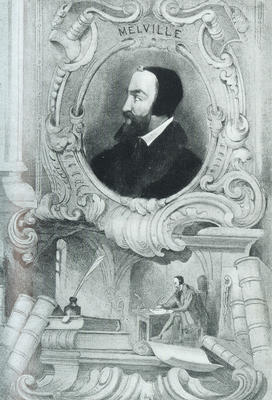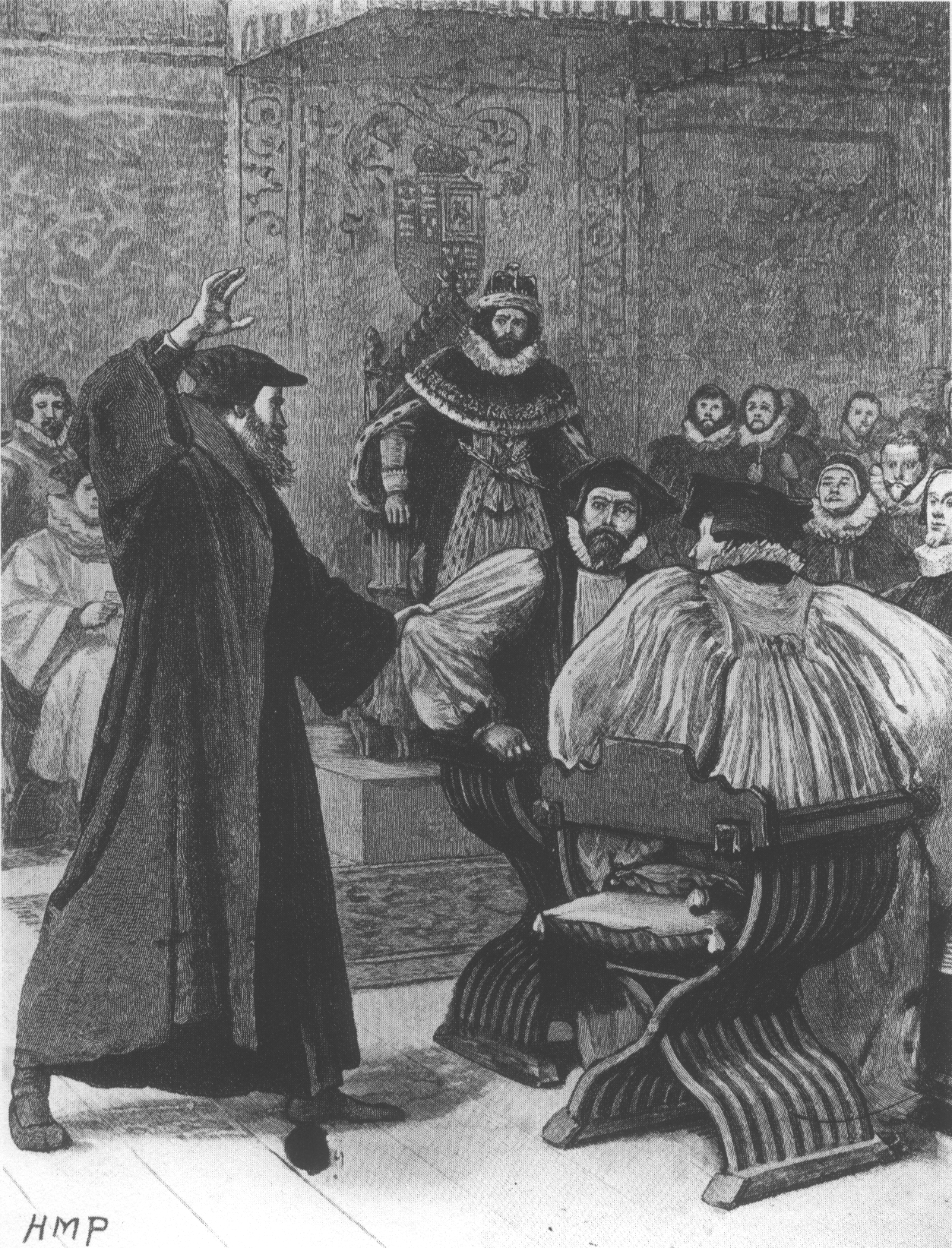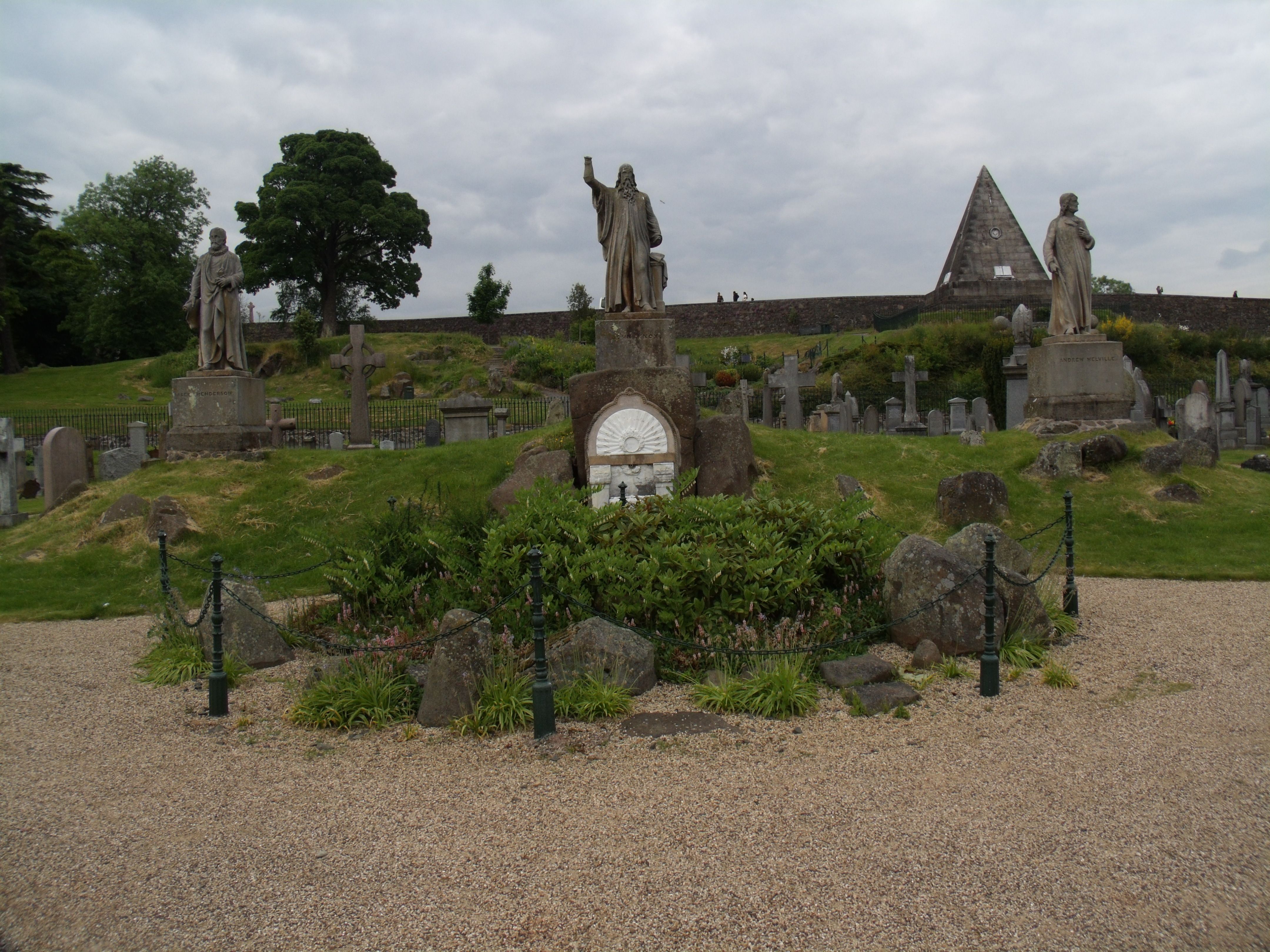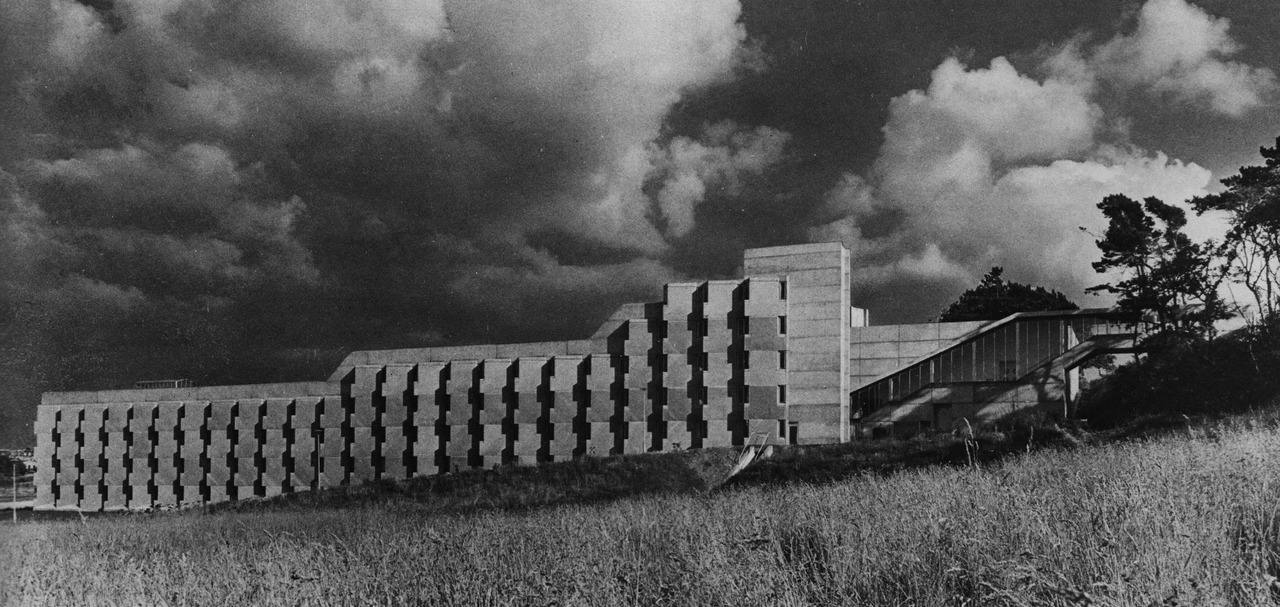1. Overview

Andrew Melville (Andrew MelvilleScots; 1 August 1545 - 1622) was a prominent Scottish scholar, theologian, poet, and religious reformer. His considerable reputation attracted students from across the European continent to study at the universities of Glasgow and St. Andrews. Melville was a steadfast opponent of all forms of episcopacy, actively contributing to the establishment of the Presbyterian church organization in Scotland, and his influence extended to the development of Presbyterianism globally. He also played a key role in introducing the pedagogical and philosophical ideas of the French humanist and logician Pierre de Ramus into Scottish academia, significantly shaping the nation's intellectual and educational landscape. His fearless confrontations with King James VI, particularly his defense of the church's autonomy against perceived royal overreach, underscored his commitment to both religious and intellectual freedom, leaving a lasting legacy on Scottish society and the development of democratic principles within church governance.
2. Early Life and Education
Andrew Melville's formative years laid the groundwork for his distinguished career, characterized by a deep intellectual curiosity and an early display of academic brilliance.
2.1. Childhood and Early Schooling
Andrew Melville was born on 1 August 1545, at Baldovie near Montrose, as the youngest of nine sons (though he later stated he outlived 'fourteen brethren') of Richard Melville of Baldovie and Geills, daughter of Thomas Abercrombie of Montrose. His early life was marked by tragedy; his father died in the Battle of Pinkie when Andrew was only two years old, and his mother passed away when he was four, leaving him orphaned. Consequently, he was raised under the care of his eldest brother, Richard Melville (1522-1575), who later became the minister of Maryton. His brother ensured he received the best possible education, sending him to the Montrose Grammar School. There, Melville began to display his early taste for learning, mastering the rudiments of Latin. He also associated with Douglas, a co-author of the First Book of Discipline. Following his Latin studies, he spent two years learning Greek under Pierre de Marsilliers, a French scholar whom John Erskine of Dun had persuaded to settle in Montrose.
2.2. University Studies
At the age of fourteen, Melville entered the University of St Andrews. His proficiency in Greek was such that upon entering, he astonished his professors by confidently using the Greek text of Aristotle, a text that none of his instructors at the time fully understood. This early academic achievement solidified his reputation as a formidable scholar. Upon completing his course at St Andrews, Melville was widely regarded as "the best poet, philosopher, and Grecian of any young master in the land," demonstrating his exceptional talent across various intellectual disciplines and setting the stage for his future contributions to Scottish education and theology.
3. Study and Activities in Europe
Melville's period of study and intellectual engagement in continental Europe was pivotal in broadening his understanding of theology, law, and humanism, profoundly shaping his reformist ideas and commitment to liberty.
3.1. Studies in France
In 1564, at the age of nineteen, Melville departed for France to further his education at the University of Paris. During his time there, he achieved great fluency in Greek, made significant advancements in Oriental languages, and pursued studies in mathematics and law. He was notably influenced by Peter Ramus, whose innovative philosophical methods and teaching approaches Melville would later introduce into the universities of Scotland. He also attended the final series of lectures delivered by Adrianus Turnebus, a prominent professor of Greek, and studied Hebrew under Jean Mercier, one of the leading Hebraists of the era. From Paris, he moved to Poitiers in 1566 to study civil law. Despite being only twenty-one, he was quickly appointed a regent in the College of St Marceon. Melville also took part in the defense of Poitiers against the Huguenots, providing him with a direct experience of the political and religious conflicts of the time. However, after three years, political unrest forced him to leave France.
3.2. Life and Work in Geneva
Following his departure from France, Melville traveled to Geneva, where he was warmly received by, and in 1572, took theology classes from, Theodore Beza, a prominent Calvinist theologian. At Beza's instigation, Melville was appointed to the chair of humanity at the Geneva Academy. Beyond his teaching duties, he continued his intensive study of Oriental literature, notably acquiring a deep knowledge of Syriac from Cornelius Bertram, one of his fellow professors. While residing in Geneva, in 1572, he encountered influential scholars such as Joseph Scaliger and François Hotman, who had sought refuge in the city after the St. Bartholomew's Day massacre. The arrival of numerous Protestant refugees in Geneva following the massacre, including distinguished French men of letters skilled in civil law and political science, further enriched Melville's intellectual environment. His association with these scholars greatly expanded his knowledge and deepened his ideas of civil and ecclesiastical liberty, reinforcing his commitment to religious freedom and reformed thought.
4. Return to Scotland and Academic Career
Upon his return to Scotland, Andrew Melville became a transformative figure in the nation's academic landscape, spearheading significant reforms that elevated the standard of university education.
4.1. Principal of the University of Glasgow
In July 1574, Melville returned to Scotland and almost immediately received the appointment of Principal of the University of Glasgow. He embarked on a comprehensive renewal of the institution, aiming to establish a robust educational system. Melville significantly enlarged the curriculum and founded new chairs in languages, science, philosophy, and divinity, which were formally confirmed by charter in 1577. His reforms rapidly enhanced the university's academic standing, and his growing fame attracted students not only from all parts of Scotland but also from beyond its borders. In addition to his university duties, he served as a minister for the church of Govan, near Glasgow. His contributions at Glasgow laid a firm foundation for higher education in Scotland.
4.2. Principal of St Mary's College, St Andrews
Recognizing his success at Glasgow, Melville was appointed Principal of St Mary's College, St Andrews, in November 1580, with the specific aim of applying his reformist vision to the ancient university. His responsibilities there included teaching theology and Hebrew, Chaldee, Syriac, and Rabbinical languages. His lectures attracted a large number of young students, as well as masters from other colleges, eager to benefit from his extensive knowledge and innovative teaching methods. Melville also played a crucial role in making St Mary's College primarily devoted to divinity studies. After returning to Scotland in November 1585, Melville resumed his lectures in St Andrews in March 1586, continuing there for twenty years. He was elected rector of the University of St Andrews in 1590, an office he held until 1597. Furthermore, he assisted in the reconstruction of the University of Aberdeen in 1575. During this period, Melville created a popular trend for the study of Greek literature. However, some of his new doctrines, such as the concept of the non-infallibility of Aristotle, and the reforms introduced through his teaching methods, brought him into conflict with other university teachers, who adhered to more traditional views.
5. Religious and Political Leadership
Andrew Melville emerged as a central figure in the Scottish Reformation, passionately advocating for the establishment of a Presbyterian church governance system that emphasized a more representative and less hierarchical structure.
5.1. Moderator of the General Assembly
Melville served multiple times as Moderator of the General Assembly of the Church of Scotland, exerting significant leadership in shaping church policy and direction. He moderated the General Assembly that convened in Edinburgh on 24 April 1578, where the Second Book of Discipline was formally approved. The Assembly at this time focused on reforming and improving the universities, which led to Melville's transfer from Glasgow to St. Mary's College, St. Andrews, in December 1580. He again served as Moderator of the Assembly that met in St. Andrews on 24 April 1582, and also of an extraordinary meeting in Edinburgh on 27 June of the same year. This latter meeting was called in response to the arbitrary actions of the court, particularly concerning the excommunicated Archbishop of Glasgow, Robert Montgomerie. Melville opened the proceedings with a sermon that boldly condemned the absolute authority claimed by the government in ecclesiastical matters. When the remonstrance was read before the King's council, the Earl of Arran menacingly exclaimed, "Who dare subscribe these treasonable articles?" Melville, undaunted, declared, "We dare," and immediately signed his name. His example was followed by other commissioners, and their intrepidity overawed Lennox and Arran, who then dismissed them peacefully. He was also elected Moderator of the General Assembly on 20 June 1587 and 7 May 1594.
5.2. Advocate for Presbyterianism
Melville was a fervent advocate for the principles of Presbyterianism and a staunch opponent of episcopacy. He played a prominent role in all measures taken by the General Assembly against the episcopal form of church government. His unwavering opposition to episcopacy earned him significant recognition and, later, a notable nickname. He contributed significantly to the development of the Presbyterian church by authoring the Second Book of Discipline in 1578, which provided a comprehensive framework for Presbyterian church governance. Throughout his life, Melville steadfastly defended the liberties of the Scottish Church against all governmental encroachments, fighting for what he considered its constitutionally guaranteed rights.
5.3. "Episcopomastix"
Due to his relentless and fearless opposition to episcopacy, Andrew Melville earned the formidable nickname Episcopomastix, meaning The Scourge of Bishops. This moniker reflected his outspoken stance against what he perceived as abuses of ecclesiastical power and attempts to impose a hierarchical church structure in Scotland. A notable instance of his intrepidity occurred during an interview in October 1577 with Regent Morton. Irritated by the Assembly's actions, Morton menacingly declared, "There will never be quietness in this country till half a dozen of you be hanged or banished!" Melville, undaunted, retorted, "Hark! Sir, threaten your courtiers after that manner! It is the same to me whether I rot in the air, or in the ground. The earth is the Lord's. Patria est ubicunque est bene. I have been ready to give up my life where it would not have been half so well wared, at the pleasure of my God. I have lived out of your country ten years, as well as in it. Let God be glorified, it will not be in your power to hang or exile his truth." Morton, taken aback by Melville's bold language, did not dare to retaliate.
6. Conflict with Royal Authority
Melville's career was marked by significant clashes with King James VI, representing a broader struggle for the autonomy of the church and the limits of royal power in Scotland.
6.1. Confrontations with King James VI

Andrew Melville's steadfast advocacy for church autonomy led to repeated confrontations with King James VI, who sought greater control over ecclesiastical affairs. In 1582, Melville was appointed to a commission tasked with presenting a remonstrance and petition to the King, which he fearlessly delivered despite warnings from his friends. In February 1584, he was summoned before the Privy Council on charges of treason, stemming from alleged seditious remarks made in a sermon delivered in June of the previous year at St Andrews. The sermon, based on the fourth chapter of the Book of Daniel, was said to have compared the King's mother to Nebuchadnezzar, implying her potential restoration after exile. Melville denied using these specific words and presented a defense, asserting that he should be tried by an ecclesiastical court. During his appearance before the King and Council, he boldly declared that they had exceeded their jurisdiction in judging matters of doctrine or calling to account "ambassadors or messengers of a king and council greater than they." He then produced a small Hebrew Bible from his belt, placing it on the table and stating, "That you may see your weakness, oversight, and rashness, in taking upon you that which neither you ought nor can do, there are my instructions and warrant. Let me see which of you can judge of them or control me therein, that I have passed by my injunctions." The Earl of Arran, finding the book in Hebrew, handed it to the King, remarking, "Sir, he scorns your majesty and council." Melville retorted, "No, my lord, I scorn not, but with all earnestness, zeal, and gravity, I stand for the cause of Jesus Christ and his church."
Despite the lack of proof for the treason charge, the Council declared him guilty of declining their jurisdiction and behaving irreverently, sentencing him to imprisonment, first in Edinburgh Castle and then in Blackness Castle, which was controlled by an ally of Arran. Melville, however, managed to secretly withdraw from Edinburgh before he could be incarcerated, escaping to England. He returned to Scotland in November 1585 after the fall of Arran and was restored by Parliament in December.
Melville continued to protect the liberties of the Scottish Church against governmental encroachments throughout his career. While his fervor sometimes led him to speak bluntly to the King, his actions were largely seen as defending the constitutionally guaranteed rights of the Church against arbitrary and illegal royal actions. He was present at the coronation of Queen Anne on 17 May 1590, where he recited a Latin poem composed for the occasion, which was immediately published at the King's desire. In October 1594, he appeared before the lords of the articles, urging the forfeiture of Catholic nobles, and accompanied the King on an expedition against them, advocating for the demolition of Huntly Castle when with the King there. A famous private confrontation occurred in Cupar, Fife, when Melville, along with other ministers, met King James to remonstrate against the proposed recall of Catholic nobles from exile. His nephew, James Melville, who was present, recorded Andrew's famous declaration, where he took the King by the sleeve and famously called him "God's silly vassal." Melville then asserted:
Sir, we will humblie reverence your Majestie always, namlie in public, but sen we have this occasioun to be with your Majestie in privat, and the treuthe is, yie ar brought in extream danger bathe of your lyff and croun, and with yow, the country and Kirk of Christ is lyk to wrak, for nocht telling yow the treuthe, and giffen of yow fathfull counsall, we mon [must] discharge our dewtie thairin, or els be trators bathe to Christ and yow! And thairfor Sir, as divers tymes befor, sa now again, I mon tell yow, thair is twa Kings and twa Kingdomes in Scotland. Thair is Chryst Jesus the King, and his Kingdome the Kirk, whase subject King James the Saxt is, and of whose kingdome nocht a king, nor a lord, nor a heid, bot a member! And they whome Chryst hes callit and commandit to watch over his Kirk, and govern his spirituall kingdome, hes sufficient powar of him, and authoritie sa to do, bathe togidder and severalie; the quhilk na Christian King or Prince sould control and discharge, but fortifie and assist, utherwayes nocht fathfull subjects nor members of Chryst.
The King listened patiently but ultimately did not fulfill his promises. Melville's influence meant James continually encountered a strenuous opponent in him, particularly when attempting to control the church according to his own arbitrary notions. In 1597, during a royal visitation of the university, Melville was deprived of his rectorship. He was also ordered to withdraw by the King from the General Assembly at Dundee in March 1598. In 1599, he was appointed Dean of the Faculty of Theology but also caused the Synod of Fife to censure propositions found in the King's Basilikon Doron. He made several attempts to assert his right to sit in subsequent Assemblies, succeeding in Burntisland (May 1601) but not Montrose (March 1600). In 1605, he participated in the Assembly at Aberdeen and, along with others, presented a protest to Parliament at Perth in 1606 advocating for the right of a free Assembly.
6.2. Imprisonment and Exile
Melville's unyielding stance against royal authority eventually led to his imprisonment and subsequent exile. In May 1606, King James summoned Melville, his nephew, and six other Scottish ministers to London, under the pretense of consulting them on church affairs. They attended a notable conference at Hampton Court on 23 September, where Melville spoke extensively and with a boldness that reportedly astonished the English nobility and clergy.
On St. Michael's Day, Melville and his brethren were commanded to attend the royal chapel. Scandalized by what he perceived as the "popish" character of the service, Melville, upon returning to his lodging, composed a bitter Latin epigram expressing his indignation. A copy of this epigram was conveyed to the King, leading to Melville's summons before the Council at Whitehall. He was found guilty of "scandalum magnatum" (slander against a great person).
The epigram read:
Cur stant clausi Anglis libri duo regia in ara,
Lumina casca duo, pollubra sicca duo?
Num sensum cultumque Dei tenet Anglia clausum,
Lumine exca suo, sorde sepulta sua?
Romano an ritu, dum regalem instruit aram,
Purpuream pingit religiosa lupam ?
This translates as:
Why stand there on the altar high
Two closed books, blind lights, two basins dry?
Doth England hold God's mind and worship close.
Blind of her sight, and buried in her dross?
Doth she, with chapel put in Romish dress,
The purple whore religiously express?
For this, Melville was initially committed to the custody of John Overal, Dean of St. Paul's, and then to Thomas Bilson, Bishop of Winchester. Subsequently, he was sent to the Tower of London, where he remained a prisoner for four years. Initially, he was treated with extreme rigor, even being denied access to pen, ink, and paper. Despite this, his spirit remained unbroken, and he famously composed Latin verses, engraving them onto his prison walls using the tongue of his shoe buckle. After nearly ten months, his confinement was made less severe through the intervention of friends at court. Around the end of 1607, the Protestants of La Rochelle sought his services as a professor of divinity in their college, but King James refused to consent to his liberation.
7. Later Life and Death
Andrew Melville spent his final years in France, continuing his contributions to theological education before his death.
7.1. Professorship in Sedan
At last, in February 1611, Melville was released from his confinement in the Tower of London. His release came about through the intercession of Henri de la Tour, the Duke of Bouillon. The condition of his release was that he would become Professor of Theology at the Protestant University of Sedan in France. He was refused permission to return to his homeland, Scotland. In Sedan, Melville spent the last eleven years of his life, continuing to contribute significantly to theological education and scholarship.
7.2. Death
Andrew Melville died unmarried after a series of illnesses in Sedan, France, in 1622. He was 77 years old at the time of his death, marking the end of a long and distinguished career dedicated to scholarship, religious reform, and the advancement of educational and ecclesiastical liberties.
8. Personal Life
Andrew Melville remained unmarried throughout his life. Beyond his public persona as a formidable scholar and reformer, he was known in private as an agreeable companion, distinguished by his cheerfulness and kindliness of disposition. His biographer, Dr. M'Crie, noted that Melville was "the first Scotsman who added a taste for elegant literature to an extensive acquaintance with theology." Despite playing a prominent part in all the significant public transactions of his time, he never sought or affected to be merely a party leader. Limited information is available regarding his physical appearance, though he is described as being of low stature. No known portrait of him exists.
9. Works and Literary Contributions
Andrew Melville was a prolific writer, with the greater part of his literary output consisting of Latin poems. His works span theological treatises and various poetic compositions. Dr. M'Crie's Life of Andrew Melville, published in 1824, provides a comprehensive list of his printed and manuscript works.
His notable works include:
- Carmen Mosis (Basel, 1573), later reprinted in Delitice Poetarum Scotorum (Amsterdam, 1637).
- Julii Ccesaris Scaligeri Posmata (Geneva, 1575).
- Zre^aviaKiov, Ad Scotice Regem, habitum in Coronatione Regince, etc. (Edinburgh, 1590), a Latin poem recited at the coronation of Queen Anne.
- Carmina Sacra duo, etc. (Geneva, 1590).
- Principis Scoti-Britannorum Natalia, etc. (Edinburgh: Robert Waldegrave, 1594; Hague, 1594).
- Theses Theological de Libero Arbitrio (Edinburgh, 1597).
- Scholastica Diatriba de Rebus Divinis (Edinburgh, 1599).
- Inscriptiones Historical Regum Scotorum . . . Joh. Jonston . . . Author e . . . Prcefixus est Gathelus, sive de Gentis Origine Fragmentum, Andreas Melvini (Amsterdam, 1602).
- In Obitum Johannis Wallasii (Leyden, 1603), one of his several poems.
- Pro supplici Evangelicorum Ministrorum in Anglia . . . Apologia, sive Anti- Tami - Garni - Categoria (1604, reprinted in Parasynagma Perthense by Calderwood, Edinburgh, 1620, and in Altare Damascenum, 1623).
- Four Letters in Lusus Poetici by David Hume (Edinburgh, 1605).
- Sidera Veteris JEvi, by John Johnston (Saumur, 1611), which includes two poems by Melville.
- Comment, in Apost. Acta M. Johannis Malcolmi (Middelburg, 1615), with verses by Melville prefixed.
- Duellum Poeticum contendentibus G. Eglisemmio et G. Buchanano (London, 1618), which includes Melville's Cavillum in Aram Regiam, the Epigram on the Chapel Royal.
- Three Epigrams in Sir James Sempill's Sacriledge Sacredly Handled (London, 1619).
- Viri clarissimi A. Melvini Musas (Edinburgh, 1620).
- De Adiaphoris, Scotitov tvxovtos, Aphorismi (1622).
- Epitaph on James Melvill in his Ad Serenissimum Jacobum Primum . . . Libellus Supplex (London, 1645).
- Andrew Melvini Scotia; Topographia in Blaeu's Atlas Major (Amsterdam, 1662).
- Five poems in Kollman's De Diebus Festis (Utrecht, 1693).
- Commentarius in Divinam Pauli Epistolam ad Romanos (Wodrow Society, Edinburgh, 1850).
10. Legacy and Influence


Andrew Melville's legacy is profound and far-reaching, deeply influencing Scottish theology, education, and the development of Presbyterianism. He is widely regarded as a pivotal figure in solidifying the Presbyterian church organization in Scotland and is sometimes referred to as a "founder" of Presbyterianism globally due to his fierce opposition to episcopacy and his role in authoring the Second Book of Discipline in 1578. This document provided a foundational framework for a more democratic and less hierarchical church structure, emphasizing the autonomy of the church from state control.
Melville's contributions to Scottish education were equally significant. His reforms as Principal of the Universities of Glasgow and St. Andrews elevated academic standards, expanded curricula, and fostered a new generation of scholars. He actively promoted the study of Greek literature and famously challenged the long-held infallibility of Aristotle, encouraging a more critical and open intellectual environment. His introduction of Pierre de Ramus's humanist and logical thought into Scottish universities further invigorated the nation's academic discourse, advocating for innovative teaching methods and a broader intellectual approach.
His fearless confrontations with King James VI, particularly his assertion of "two kingdoms" - the civil and the ecclesiastical - underscored his unwavering commitment to religious and intellectual liberty. By publicly challenging the King's perceived overreach into church affairs, Melville became a champion of institutional independence and freedom of conscience, principles that were vital for the burgeoning democratic developments in Scottish society. His unwavering defiance in the face of royal threats and imprisonment solidified his image as a defender of the people's rights and the purity of religion, regardless of personal cost. Andrew Melville's enduring impact lies in his dual role as a theological reformer who shaped Scottish Presbyterianism and an educational pioneer who championed academic rigor and intellectual freedom.